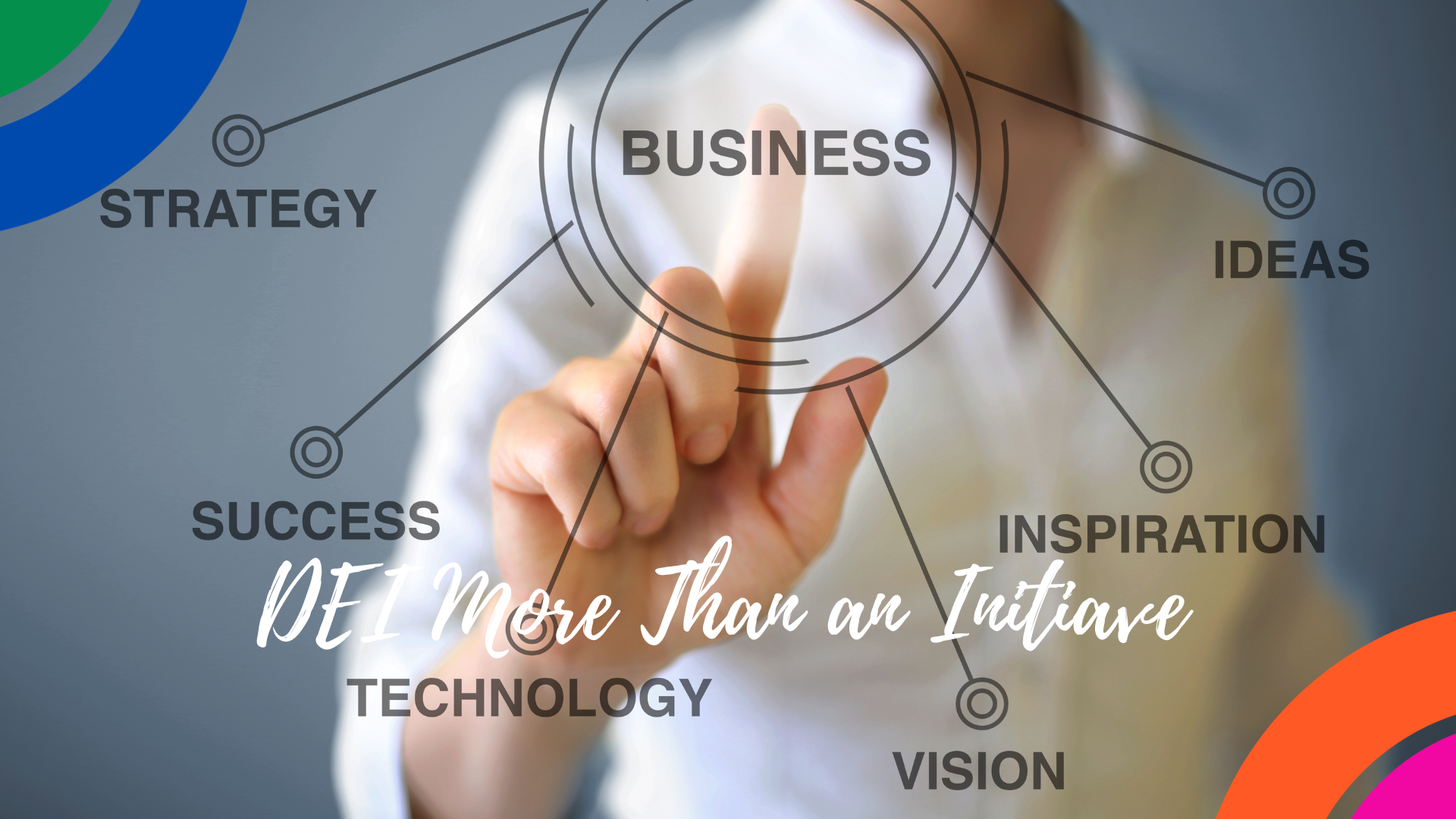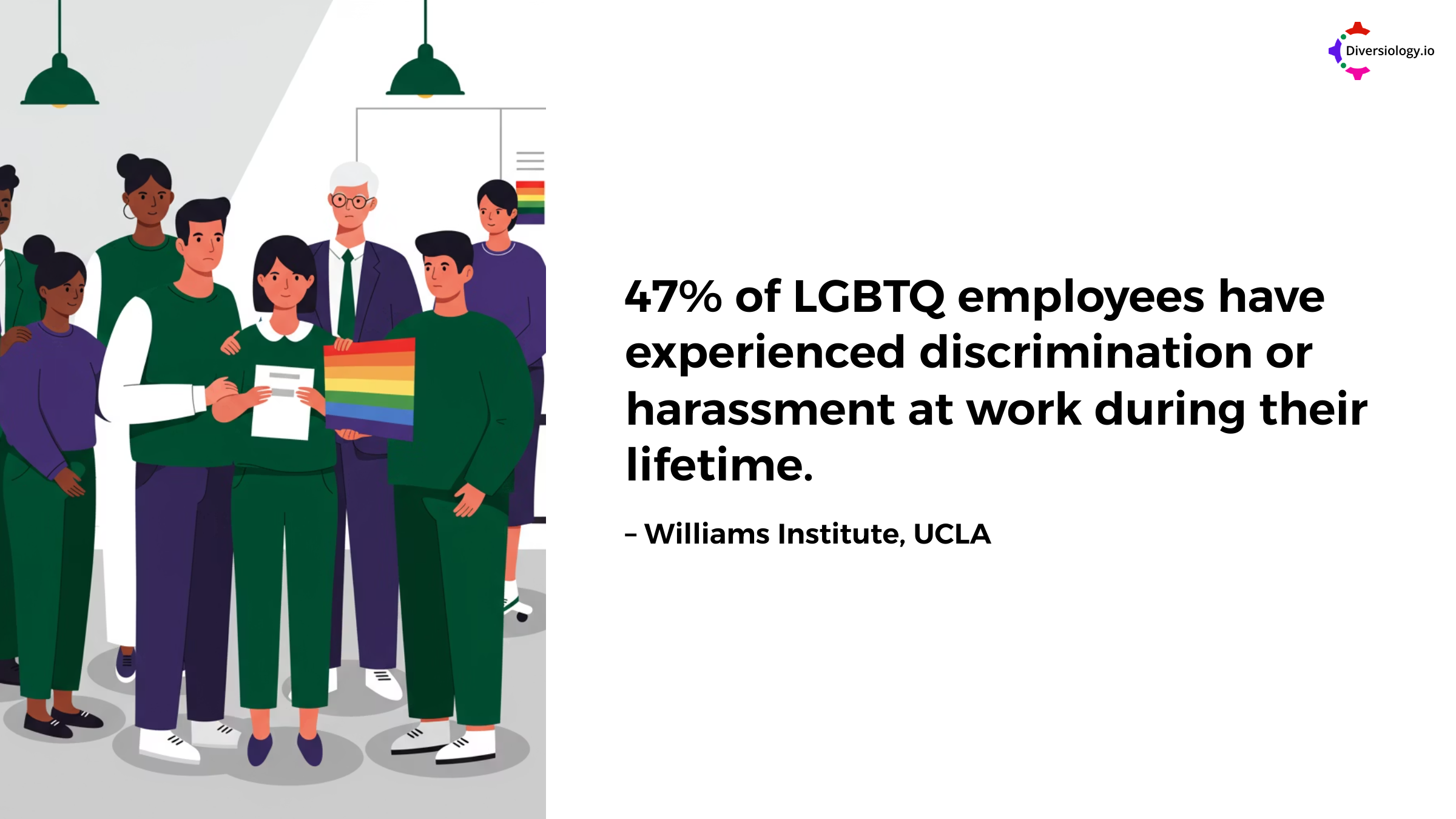Embracing Diversity, Equity, and Inclusion: A Strategic and Human Imperative
Today, we are diving deep into a topic that is not just pivotal to business success but also forms the bedrock of a harmonious and productive work environment: Diversity, Equity, and Inclusion (DEI).
Why DEI Matters, Especially for SMBs
Small to mid-sized businesses (SMBs) are the lifeblood of our economy. Their nimble size allows them to adapt quickly, innovate boldly, and connect with customers on a personal level. But this agility also comes with unique challenges, especially when it comes to building and sustaining an inclusive culture.
Companies that perceive DEI as just another initiative or a box to check on a compliance form often come up short. They fail to create truly inclusive cultures that resonate with their diverse set of employees, clients, and communities. This is especially crucial for SMBs where each individual plays a significant role, and the culture is often tightly knit.
DEI: A Business Imperative
This brings us to our first key point: DEI must be viewed as a business imperative. What does this mean? It’s the recognition that fostering DEI isn’t just about morality or compliance—it’s a strategic advantage.
In fact, embracing DEI as a business imperative means embedding it deeply into every functional area of your business. It involves investing in DEI initiatives just as you would in any other strategic growth driver. It’s about leveraging the wealth of diverse perspectives to drive innovation, enhance decision-making processes, and improve business outcomes.
DEI: A Human Imperative
Next up, let’s explore DEI as a human imperative. This focuses on the inherent value of every individual and their right to be treated fairly and with respect. But it goes beyond just fairness—it’s about creating psychologically safe environments where all employees can thrive.
In the context of DEI, a psychologically safe environment is one where employees from all backgrounds feel comfortable expressing their ideas without fear of retribution or judgment. It promotes a sense of belonging and inclusion, allowing everyone to contribute their best work.
The Importance of Embracing Both Imperatives
Both these imperatives—business and human—are critical for a successful DEI strategy. Here’s why:
- Alignment with Business Goals: Embracing DEI as a business imperative ensures that your diversity efforts align with your overall business objectives. This helps companies leverage different perspectives, ideas, and talents to drive innovation and gain a competitive advantage.
- Employee Engagement and Well-being: The human imperative of DEI is about creating workplaces where everyone feels valued, respected, and psychologically safe. This leads to increased employee engagement, productivity, satisfaction, and retention.
- Broader Impact: By recognizing both imperatives, organizations can influence change beyond their internal operations. They can dismantle systemic barriers within their industries and communities, serving as role models for other companies looking to create inclusive workplaces.
- Long-term Sustainability: Sustainable DEI initiatives require an integrated approach that addresses both the business and human imperatives. This approach embeds DEI into the organizational DNA, ensuring it’s seen as a continuous effort rather than a short-term initiative.
Prioritizing DEI as both business and human imperatives is the only way companies—especially SMBs—can create lasting change that benefits not only their bottom line but also individuals within their workforce and wider society. So let’s reprioritize your initiatives and invest in DEI as a business imperative and a human imperative.








